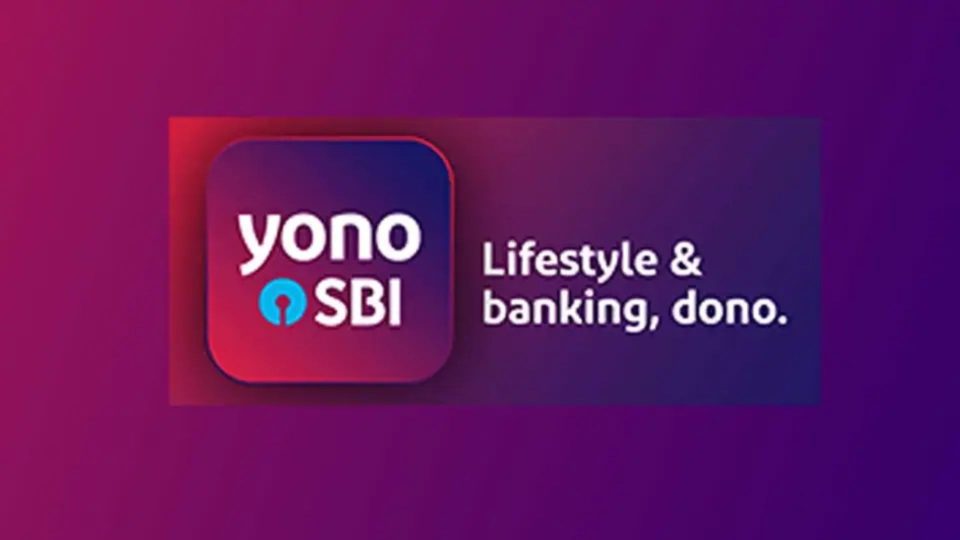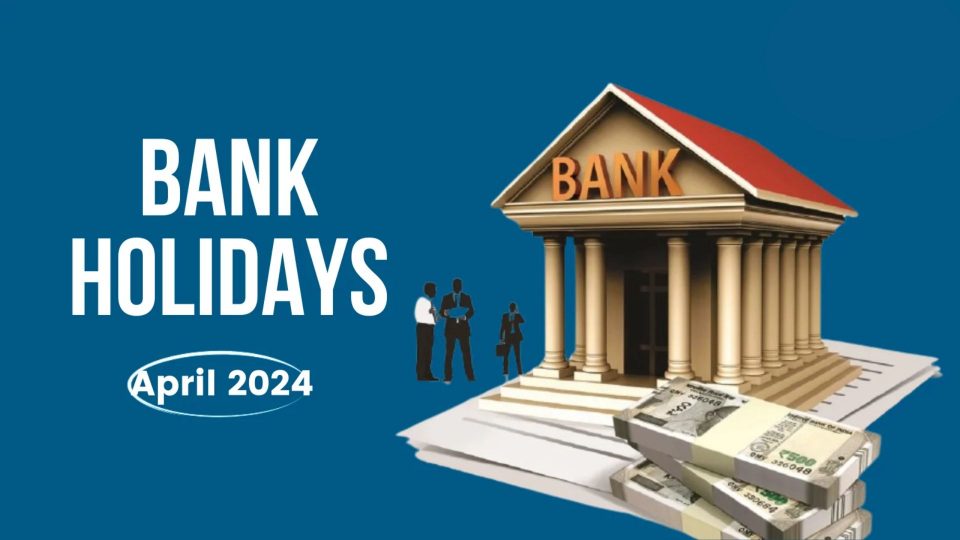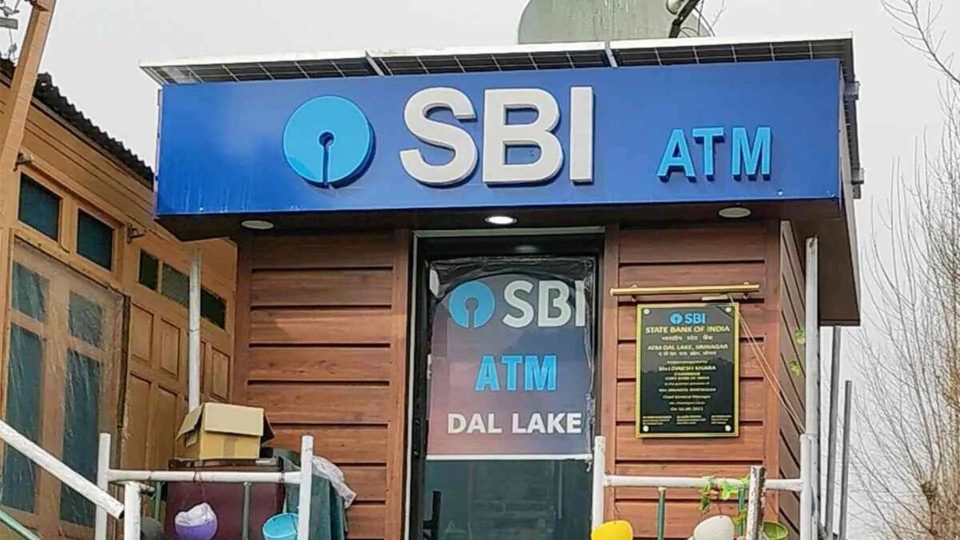Credit cards have become a crucial part of modern life. They not only provide exceptional ease when making payments, but they also assist in making our buying more cheap and rewarding through rewards, discounts, no-cost EMI, and loyalty programmes. All of these advantages, however, come at a cost. While some of these fees are disclosed upfront by the bank or card issuer, many are not. If you don’t read the small print on the card you choose, it might be a financial trap for you rather than simplifying your life.
Credit card charges may be loosely classified into three groups. The first category includes costs for creating a credit card account, the second category includes charges for optional credit card services or facilities, and the third category includes credit card use penalties. Let’s take a look at some of the most prevalent charges in each of these categories.
Three Kinds Of Credit Card Charges You Must Know About
1. Account opening charges
When you apply for a credit card, the bank establishes an account in your name. The expenses for creating this account are often in the form of joining fees or yearly membership fees. These costs might range between zero and Rs.10,000. In exchange, the cardholder receives a variety of special features and privileges. Lifetime-free credit cards that do not impose an annual or joining fee are simple credit cards with few features. Card issuers can occasionally waive the annual or joining fee on a card in exchange for meeting minimum spending requirements.
2. Optional Charges
- Fee for balance transfer: Balance transfer is a service that allows cardholders to move high-interest bills to a credit card with a reduced annual percentage rate (APR). This cost is normally 1% to 3% of the balance transfer amount, however, there may be a minimum amount.
- Currency conversion and foreign transaction fees: Every individual credit card transaction in a foreign currency is subject to a foreign transaction charge. This charge varies between 1.75% and 3% of the transaction amount. Furthermore, card payment processing providers such as MasterCard or Visa levy a 1% currency conversion fee on overseas credit card purchases.
- Cash advance fee: A cash advance fee of 2.5% to 3% of the withdrawn amount is imposed on credit card cash withdrawals. Furthermore, interest is charged on this sum beginning on the day of withdrawal and ranging from 24% to 46% per annum.
- Fees for reward redemption/processing: Credit cards that offer rewards and cashback may levy a fee for redeeming reward points. This cost usually varies between Rs.99 and Rs.150.
- Duplicate statement fees: You will be charged this cost if you request a duplicate credit card statement from your card issuer or bank. Each duplicate statement may incur this cost.
- Fee for add-on cards issued on the primary card: Banks or card-issuing businesses may charge a fee for add-on cards issued on the primary card. This cost may differ depending on the type of card issued.
3. Penalty Charges
- Late payment fees: If you fail to pay off the outstanding balance on your credit card by the due date, the lender or issuer will charge you a late payment fee. This cost might range from zero to Rs.1300, depending on the outstanding amount.
- Overdraft fees: Each credit card has a certain credit limit that you can utilise each month. If you exceed this limit, you may be charged a penalty of up to 5% of the over-limit amount.
- Card replacement fee: If you have misplaced or lost your credit card, you can request that your bank provide you with a new replacement card. However, the bank may demand a fee to replace the card.




